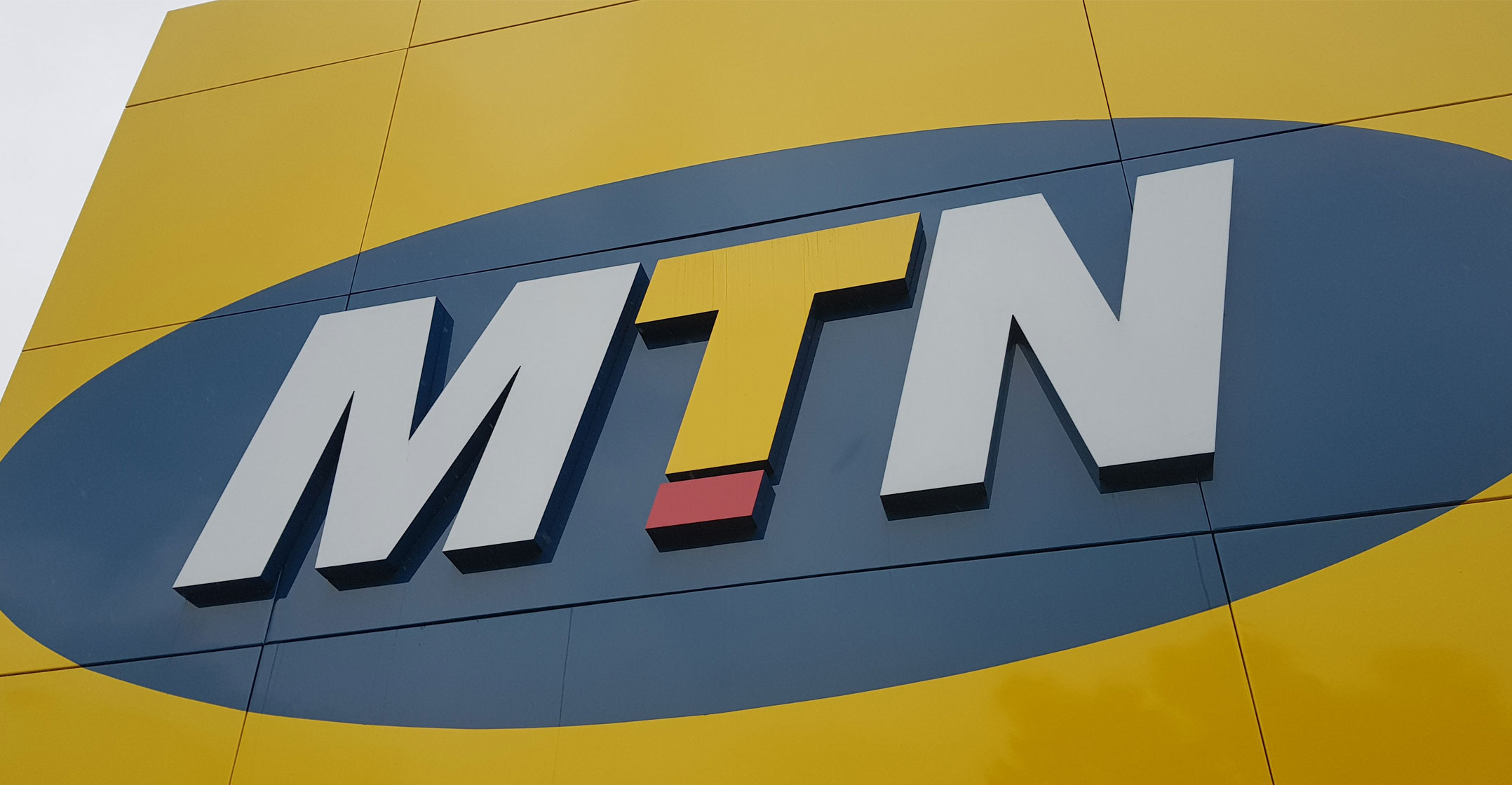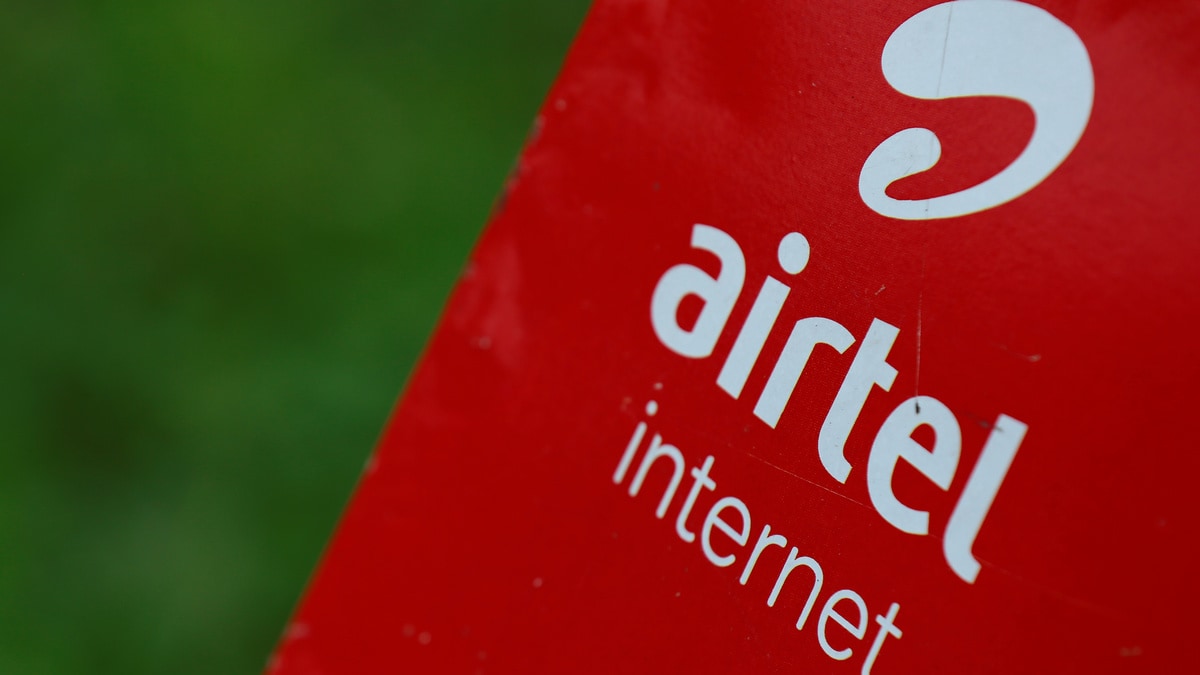TechInAfrica – If we’re talking about the public’s accessibility towards the outer societies via the world wide web, it seems that everyone has internet access nowadays. Even in developing countries of the African continent, internet access isn’t something we can deem as a scarcity. As such, various mobile network operators (MNOs) simply provide the referred means for the public to enjoy. Network providers MTN, Orange, Vodacom, and Airtel are crowned as the top four of the most dominant MNOs across Africa and Middle East, with the African market being the larger operating field of the two regions.
A survey conducted by Connecting Africa stated that one out of ten Africans is an Orange customer. With over a broad 122.5 million mobile customers across the Middle East and Africa (MEA) region at the end of the second quarter of 2019, the company pits itself against MTN, Vodacom, and Airtel as the top four biggest operators on the continent. The company itself is a French telecom provider founded in 1993 and launched to the public on 28 April 1994.
The question is: who sits on top of the throne amongst all four?
The answer would be MTN—a South African multinational telecoms company headquartered in Johannesburg, initially founded in 1994—with a hefty 236.6 million customers across its 21 operations (as of March 2019).

Meanwhile, Vodacom boasts a vast 110 million group subscribers in its six African operations at the end of March 2019—that is, taking Safaricom into account in which Vodacom owns 35% of its stake.
Falling in fourth place is Airtel, with around 99 million customers across 15 markets in Africa by the same period. The numbers, however, add up to an extensive 617 million users across the MEA area—in which it also represents 45% of the region’s entire mobile user base.
What makes these guys so strong?
Well, for one, citizens of the African continent often use mobile money services in their daily lives. From hitching an on-demand ride, paying monthly bills, to purchasing goods and transferring money to another person, mobile money services are being adopted faster than ever to the local’s daily lives due to its ease of access. For example, Orange Money—a service provided by Orange—offers users to conduct transactions at the convenience of their mobile phones. With around 15 million active users representing 13% of the company’s consumer base, Orange also aims to implement more breakthroughs in the future in order to increase the number of active users—reaching as far as seventy percent.
Diverse yet still in the same trend, MTN had 28.3 million active mobile money users underneath its developed platform as of March 2019. Airtel, on the other hand, had about 14.2 million mobile money customers as of their statement released in June 2019.

Despite these facts, various mobile providers not stated above are also manifesting mobile money services for their clients—in order to grant accessibility via the development of fintech initiatives. This argument is further emphasized by the governments’ grant of policies, allowing the operators to augment leverage towards their respective platforms. If the notion goes with minimal hindrances, the availability to broaden financial services across the continent—across all layers of society—will be signified more sooner than later.
As such, locals will also have the opportunity to adapt to the impending change in technology; more commonly referred as the fourth Industrial Revolution. Africa is at its pinnacle of unprecedented growth, and it would be more than wise to embody these approaches for a brighter future.
Source: guardian.ng





